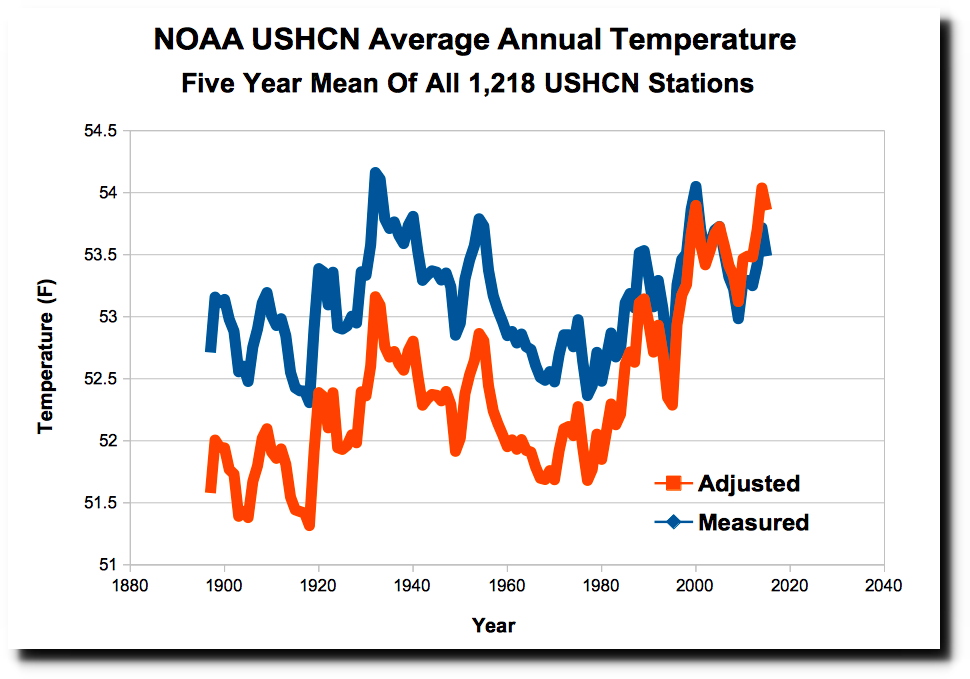Science and religion are two different things. That's your problem. You don't make that distinction. Science deals with the seen and verifiable. Religion deals with things that can only be understood through faith which are unseen things. God created the universe for man to explore and learn about. He also created the true scientific laws which we only have minor knowledge about. The miracles Jesus performed do not refute science. They stand along side it.
I agree that science and religion are different. But I would point out something, just as a historical backdrop for context and perspective. Historically science developed in the Western world after Christianity, and through the minds of Catholic thinkers. I think there was a reason for this, and history does tell us the story, so we don't need to say how it must have been or must be. I'm not making an axiomatic argument here. I'm just describing what the historical record shows.
The historical record shows that Catholic thinkers laid the foundations for the eventual development of the scientific method as we know it. For example, Aristotle was smart and catalogued many things we see in biology. Yet he was no scientist. Why not? Because he thought he could know everything through Reason. He did not have the humility to think he may need to test, test, and test again. Christian thought introduced some humility and curiosity. Humility because of introducing more doubt and less confidence in human reason. Following from that was the curiosity to find out the truth by testing, testing, and testing again.
Even before the time of men like Francis Bacon there were earlier thinkers who were developing the schools of thought that would later enable the scientific method to emerge. One of them was Ockam, the same one of "Ockam's Razor" fame. He started to develop empirical and experimental thought and not only reasoning about "Natural Law" in the way that the ancients had done, relying solely upon "Reason" that you can be confident in only because of axiomatic type thinking.
Scripture tells us to test all things, although of course this is spiritual advice and not talking about the scientific method. Nonetheless the "test, test and test again" attitude of the scientific method is certainly compatible with advice to "test all things".
I'm not arguing so much as expanding



